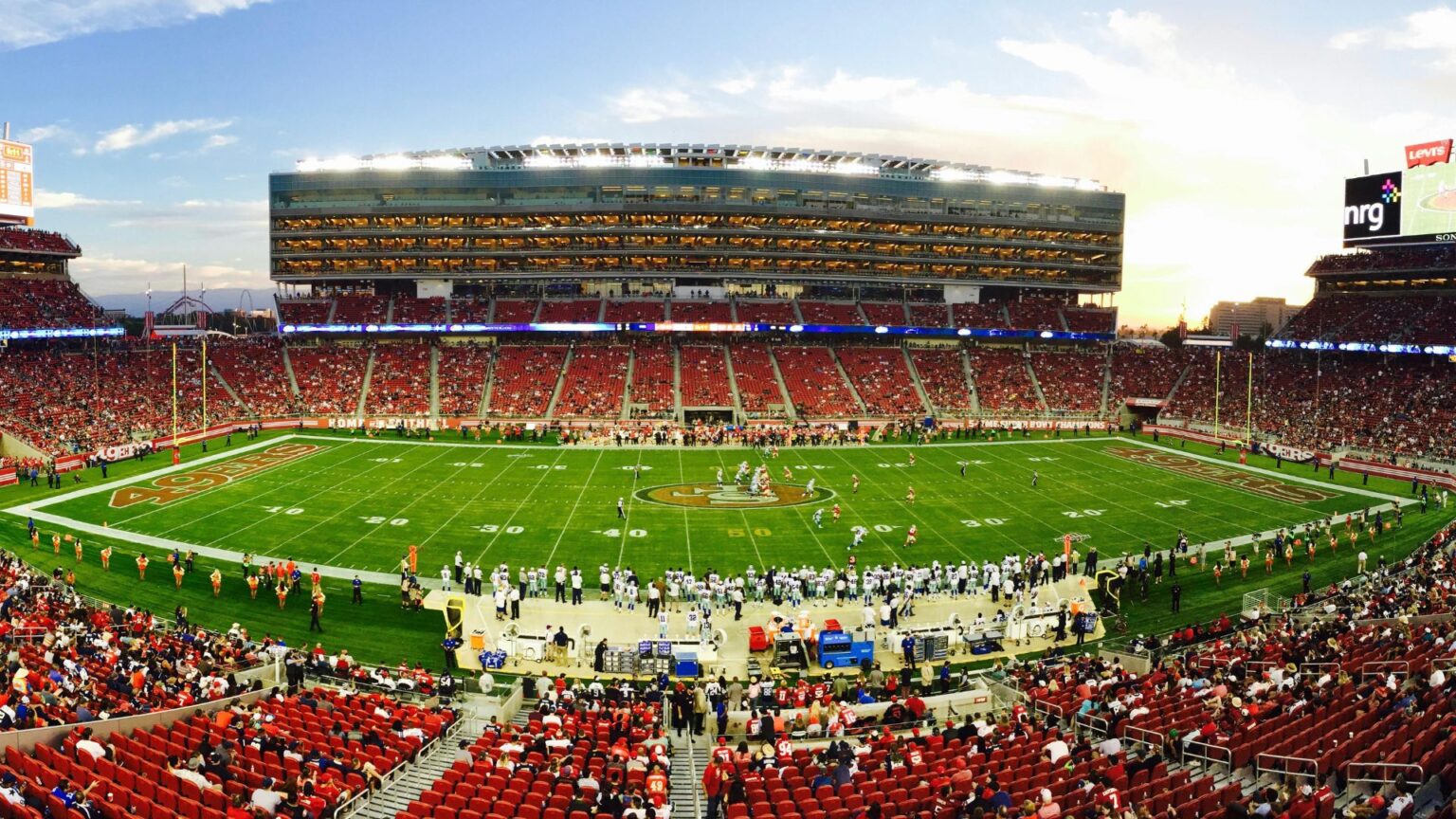On August 5, 2025, ESPN struck up a new deal with the NFL: it will acquire major NFL media properties, including NFL Network, NFL RedZone, and NFL Fantasy in exchange for the NFL taking a 10% equity stake in ESPN, valued between $2–3 billion.
This deal significantly reshapes the sports-media landscape, deepening collaboration between the league and one of its biggest partners and finally moving sports to the direct-to-consumer streaming platform.
Here are four major highlights of the deal:
1. NFL Takes 10% of ESPN and NFL Becomes a Stakeholder
By receiving equity, the NFL transitions from a third-party content provider to a shareholder. Analysts estimate ESPN’s valuation at $25–30 billion, placing the NFL’s stake at around $2.5 to $3 billion.
2. ESPN Acquires NFL Network and RedZone Distribution
ESPN assumes operational control of the NFL Network and will distribute the beloved RedZone channel to pay‑TV operators. Though ESPN handles distribution, the NFL retains content ownership, digital rights, and continues producing the show itself.
3. Integration with ESPN’s Upcoming Streaming Service
These assets are key additions to ESPN’s soon‑to‑launch direct-to-consumer streaming platform (expected to debut on August 21, 2025 at $29.99/month). The NFL integration boosts the platform’s appeal among fans and fantasy players ahead of the looming football season.
4. Fantasy Football Platforms Unite
ESPN’s in-house fantasy infrastructure merges with NFL Fantasy, creating a unified and enhanced experience for fans around the globe. This integration modernizes tools, expands reach, and simplifies the game-year pathway for players.
Why It Matters
This deal cements ESPN’s dominance in live sports streaming. For Disney, it drives major content into its streaming ecosystem, supporting its broader shift away from declining cable audiences. For the NFL, it protects and extends the reach of its media brands by embedding them within a leading global sports platform, while also providing a financial upside via ownership.
Some competitors have raised concerns that ESPN’s enhanced position could disadvantage other media companies that also hold NFL rights. Still, NFL Commissioner Roger Goodell and Disney CEO Bob Iger emphasized the partnership’s fan-first focus and vowed that other broadcast partners would continue to get fair access.
This deal represents a new phase in sports-media collaboration: the league now holds a stake in its distributor, and a media giant will deeply integrate NFL-branded content into its streaming ecosystem. We will likely see similar deals inked in the near future as this alliance will inspire more shifts to focus on direct-to-consumer streaming.


